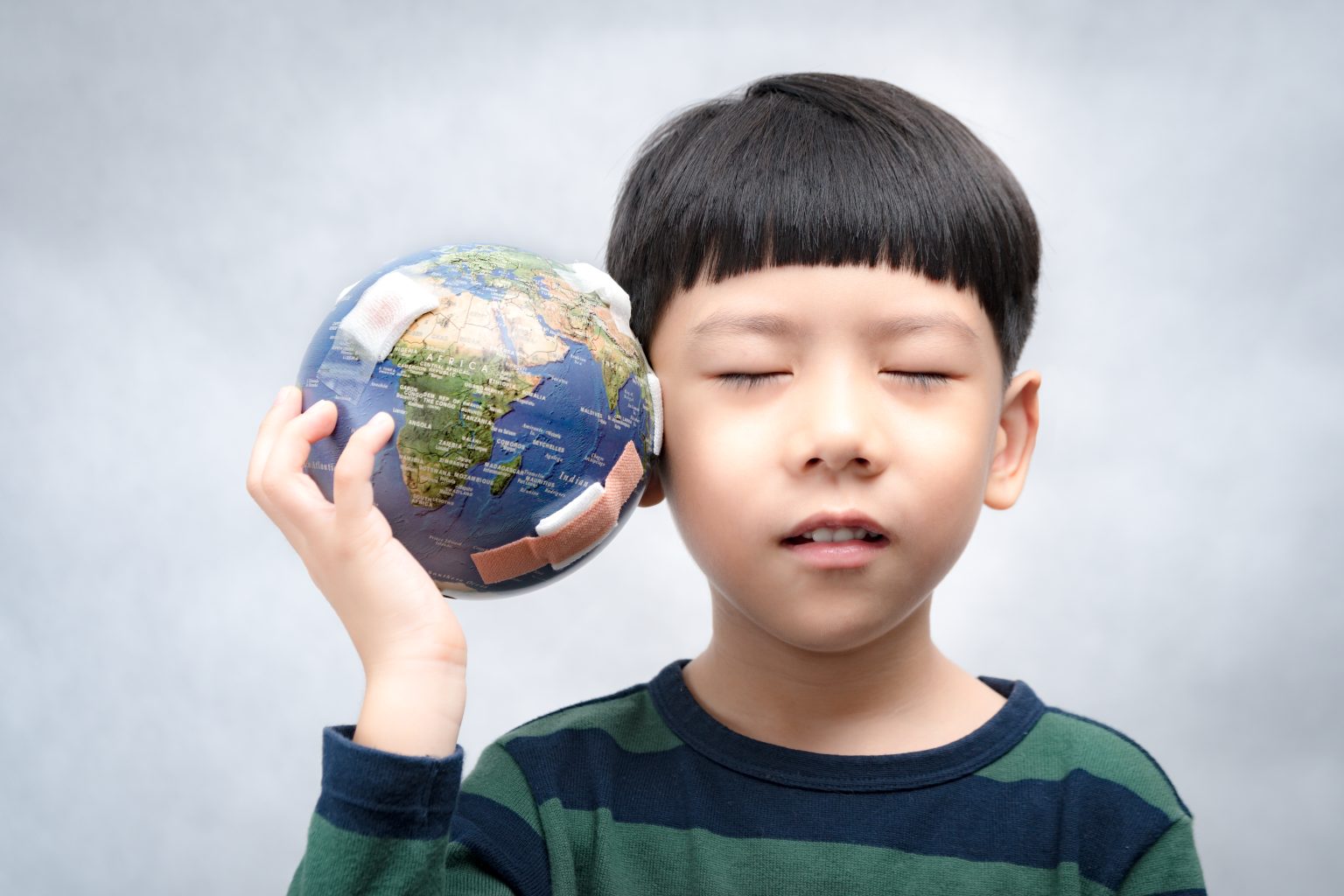World Listening Day, celebrated every year on July 18, is a global event aimed at fostering awareness about the importance of listening to the natural environment. This day encourages people to engage with their surroundings by actively listening to the sounds of the world around them. Organised by the World Listening Project, the event highlights the significance of acoustic ecology and promotes the idea of sonic stewardship.
Participants around the globe embrace different activities such as sound walks, listening quizzes, and concerts to mark this occasion. Acoustic ecology, the study of the relationship between humans and their environment through sound, plays a central role in these events. By taking part in World Listening Day, individuals can broaden their understanding of the auditory landscape and its impact on cultural and environmental awareness.
The World Listening Project provides resources and information on how to join the celebration. From solo walks to more structured activities like listening instruments workshops and live streams, there are numerous ways to participate and share experiences. These activities not only enhance one’s appreciation of sound but also promote a deeper connection to the natural world.
Significance and Origins
World Listening Day, celebrated on 18th July, honours the act of listening to our environment. It promotes awareness of acoustic ecology and recognises the crucial role that listening plays in our lives.
History of World Listening Day
World Listening Day started in 2010, chosen to coincide with R. Murray Schafer’s birthday. Schafer, a Canadian composer, was one of the founders of the acoustic ecology movement. This day aims to highlight the importance of listening to natural and human-made sounds. By encouraging people to reflect on their environmental soundscapes, it fosters a deeper connection to the world around us. Various events are held, such as soundwalks and workshops, to engage communities in active listening.
R. Murray Schafer’s Legacy
R. Murray Schafer’s contributions to the appreciation of sound are immense. As a composer and environmentalist, he focused on the relationship between humans and their sonic environment. Schafer coined the term “soundscape” to describe the acoustic environment. His work laid the foundation for the acoustic ecology movement, which studies the impact of sound on human well-being. Schafer’s ideas continue to influence initiatives like World Listening Day, which emphasises the importance of preserving natural soundscapes.
The World Soundscape Project
The World Soundscape Project (WSP) was founded by R. Murray Schafer in the late 1960s at Simon Fraser University. This project aimed to document and analyse soundscapes from around the world. The WSP sought to understand how different environments and cultures shape auditory experiences. This research has been pivotal in developing strategies to combat noise pollution and enhance public awareness of soundscapes. By promoting acoustic ecology, the WSP inspires ongoing efforts to listen more attentively to our world.
Observing World Listening Day
World Listening Day encourages everyone to engage in active listening to their surroundings. Through various events and initiatives, it promotes awareness of our acoustic environment, fostering a global community of listeners.
Soundwalks and Listening Events
One of the primary activities during World Listening Day is soundwalks. A soundwalk involves a guided walk with a focus on listening to the sounds around us. Participants are encouraged to pay close attention to the natural and built environments, noticing the changes in the soundscape. This practice helps to heighten awareness and appreciation of the everyday sounds that are often overlooked. Listening events, such as organised listening parties, provide a communal setting for discussing and sharing these experiences, creating a sense of connection and understanding.
Movement and Awareness Initiatives
World Listening Day also highlights various movement and awareness initiatives. These include activities that promote listening as activism, where individuals and groups use listening to engage with and address local and global issues. For instance, participants might document changes in the acoustic environment due to urbanisation or climate change and share their findings with the broader community. These initiatives can foster an inclusive and empathetic new world, encouraging people to take action and make more informed decisions regarding their environment and society.
Global Participation and Contributions
Global participation is a key feature of World Listening Day. People from diverse cultures and societies come together to celebrate and engage with the day’s events. Contributions from around the world showcase the rich variety of acoustic environments and cultural practices related to listening. The World Listening Project often features these contributions, encouraging a wider audience to appreciate and respect the nuances of different soundscapes. This global community event emphasises the importance of collaboration and shared experience in building a more connected world through sound.



